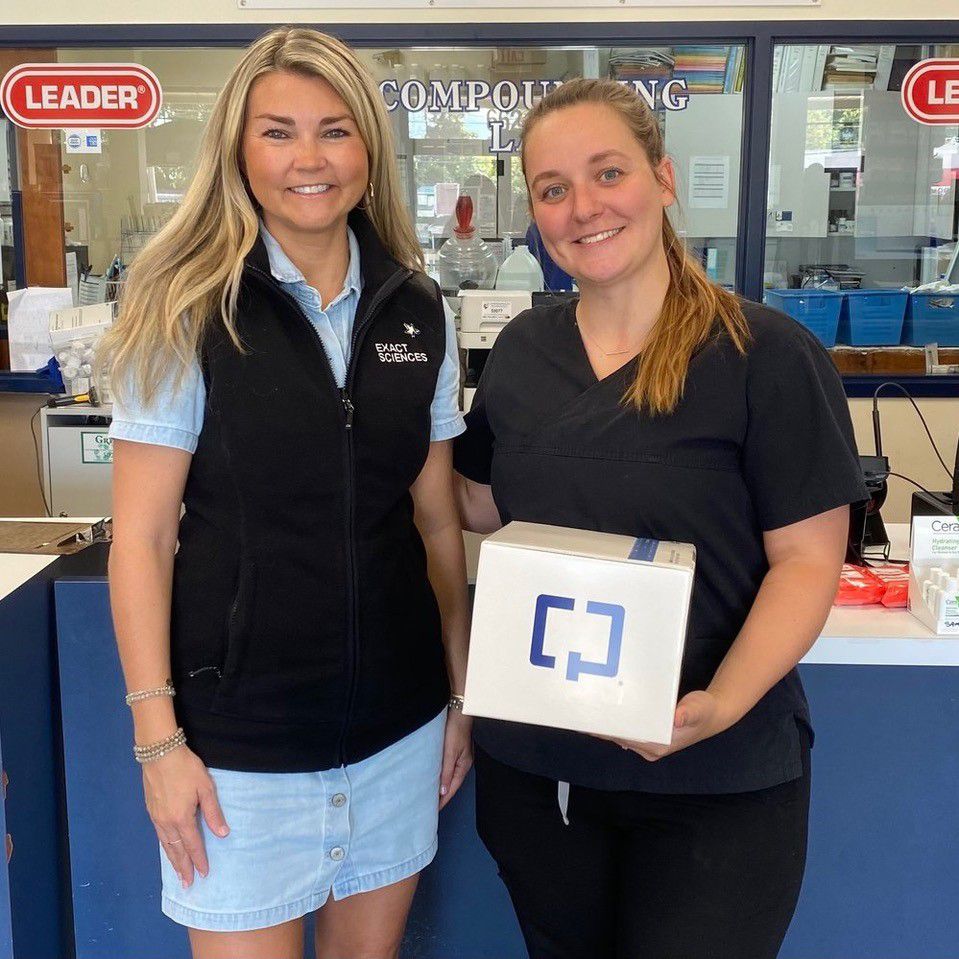FRANKFORT, Ky. — Kentucky will become the first state to allow pharmacists to distribute colorectal cancer screening kits over-the-counter. The Kentucky Association of Health Plans awarded the Kentucky Pharmacists Education and Research Foundation a $50,000 grant to expand access to the screenings.
The expanded access is only available in one Kentucky pharmacy so far.
People between the ages of 45 to 85 at average risk for colorectal cancer can now be tested easier and faster in Kentucky, thanks to local pharmacies. Ben Mudd serves as the executive director of the Kentucky Pharmacists Association (KPhA)—a group on the receiving end of the $50,000 grant.

“Think about those that might not go to the doctor every year for an annual checkup, but perhaps they come in to get some allergy medicine or to see the pharmacist,” said Mudd.
Mudd’s hope is to target people who forgo an annual exam and reduce the number of colon cancer deaths in the state. Right now, Capital Pharmacy in Frankfort is the only pharmacy in Kentucky offering the screenings.
Patients can use their health insurance to cover the cost of the screening kit. The face-to-face time with the pharmacist is paid for with the grant from the Kentucky Association of Health Plans (KAHP). The program was approved in Sept. 2021 by the Kentucky Board of Pharmacy.
“We’re not doing any testing in the pharmacy. These kits are mailed directly to the patient’s house. They would then provide a stool sample and that would go back to the lab via UPS, where then the samples are tested, the results are provided back to the pharmacy and or the patient’s primary care provider,” said Mudd.
If the screening is positive, patients are then instructed to get a colonoscopy.
The state of Kentucky has a colon cancer rate of 48%. That’s 10% higher than the country rate of 38% according to the latest National Cancer Institute data.
“I think what this does, it will see if this is a sustainable model and if this is something that pharmacists can really intervene on and have an impact on. We think they will,” said Mudd.
The screenings will be considered preventative medicine, and that’s something Mudd hopes will inspire more pharmacies in the state to get involved with.



